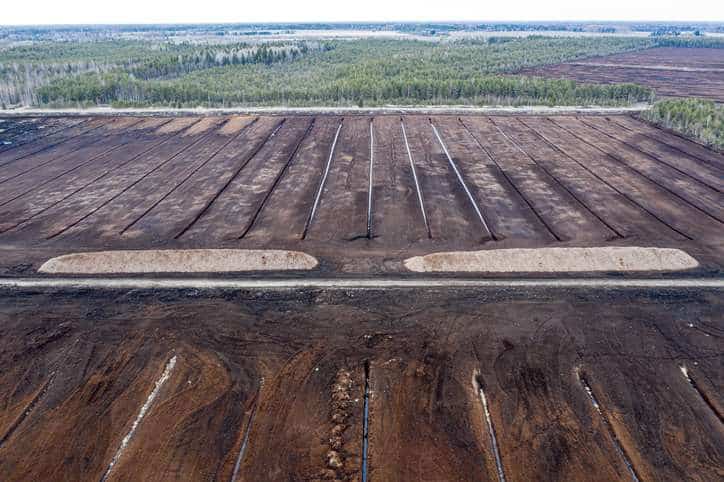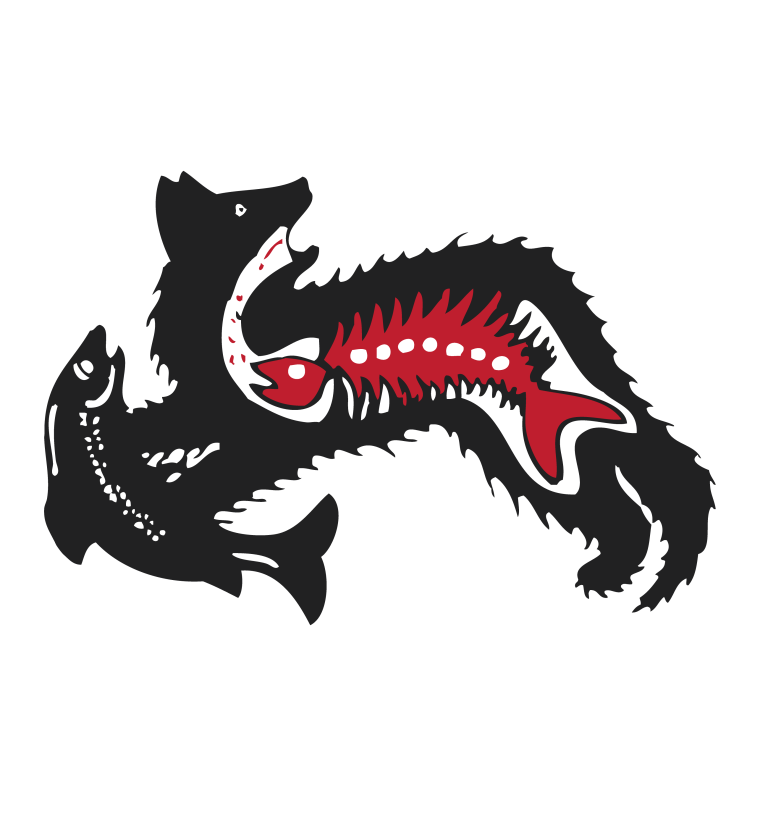Fisher River Receives 5.1 Million to focus on Preventing Land Conversion and loss of Carbon from Peat Harvesting

Today, Terry Duguid, Parliamentary Secretary to the Prime Minister and Special Advisor for Water, announced on behalf of the Honourable Steven Guilbeault, Minister of Environment and Climate Change, over $11 million for two major greenhouse gas emissions reduction projects funded through the Nature Smart Climate Solutions Fund.
$5.1 million will go specifically to conservation in Fisher River Cree Nation, to stop the conversion of land through peat harvesting, which releases carbon into the air.
Fisher River leadership have long expressed concern about the impact of harvesting peat, a natural resource made of organic matter, on Lake Winnipeg and moose and deer habitats.
It can also impact the harvesting of traditional medicines in the area.
“We are thrilled and grateful to receive this significant funding from the Nature Smart Climate Solutions Fund to support our efforts in preventing land conversion and loss of carbon from peat harvesting in our region. This project is a critical step in mitigating climate change and will provide invaluable co-benefits for biodiversity and human well-being in our community and surrounding areas.
As Indigenous people, we are stewards of this land, we have a deep responsibility to protect and preserve our natural resources for future generations. This funding will allow us to take meaningful action to safeguard our peatlands, which play a vital role in sequestering carbon and supporting the delicate ecosystems that our people have relied on for centuries.
Beyond the environmental impact, this project also represents the continued journey of reconciliation. By empowering Indigenous communities and traditional knowledge in the management of these lands, we are taking a significant step forward in self-determination and the recognition of our inherent rights.
We are excited to put this funding to work and to demonstrate how Indigenous-led conservation efforts can create a more sustainable and equitable future for all.” – Chief David Crate, Fisher River Cree Nation
Carbon sequestration is the process of capturing and storing carbon dioxide.
The federal and provincial governments have committed to protecting 30 per cent of Canada’s lands and waters by 2030.
Both governments, along with the First Nations that sit on the Seal River Watershed in northern Manitoba, signed on in January to do a feasibility study on protecting the watershed by making it an Indigenous Protected and Conserved Area and possibly a national park reserve.
The study is currently underway. Should the conservation effort succeed, Duguid said that project alone would put the province 16 per cent closer to its goal.
____
- The Fisher River Cree Nation: An investment of $5.1 million will focus on preventing land conversion and loss of carbon from peat harvesting in the Interlakes region of Manitoba. The project will take place in carbon-rich peatlands and will provide connectivity within a migratory bird flyway. The project will help mitigate climate change and provide co-benefits for biodiversity and human well-being, while also supporting Indigenous reconciliation. https://www.canada.ca/en/environment-climate-change/news/2024/07/protecting-nature-in-manitoba-to-help-fight-climate-change-and-protect-biodiversity.html
Written by: fisherriver
Previous post

Fisher River Cree Nation is a community in which our history, language, traditions, and culture are paramount to who we are as a people. We will protect and maintain the spirit and intent of the treaties and our inherent rights. Fisher River will be a self-sustaining progressive community with a strong and accountable government. We will provide an environment where all people are healthy, safe, and respected.
CONTACT US
- 204.645.2171
- Box 367, Fisher River, MB R0C1S0
- Media Inquiries - hello@neaultmarketing.ca


